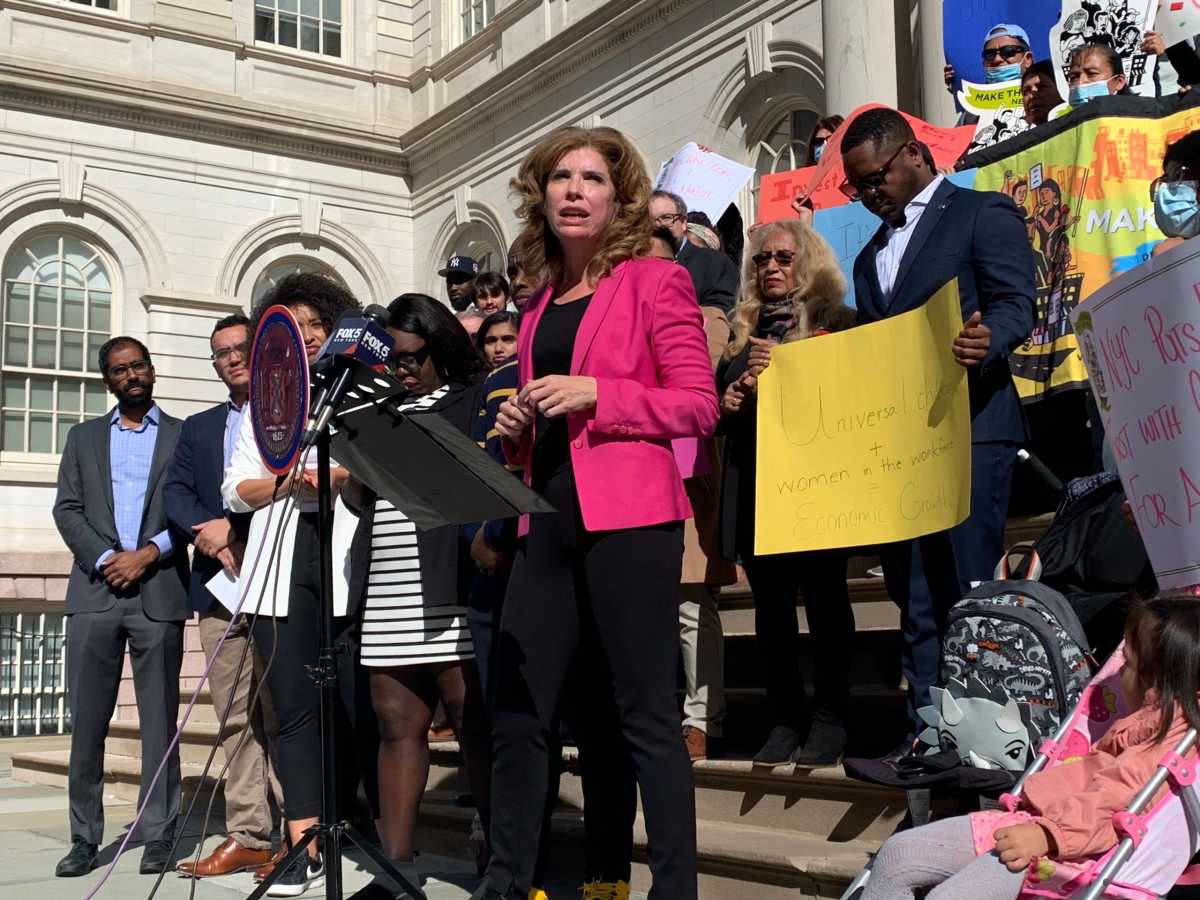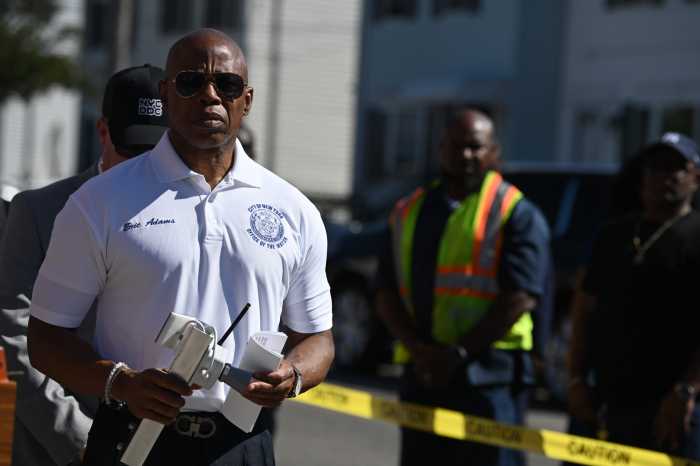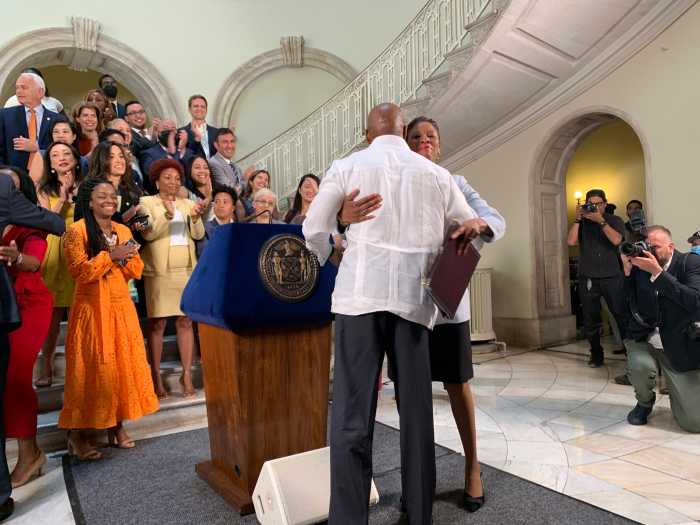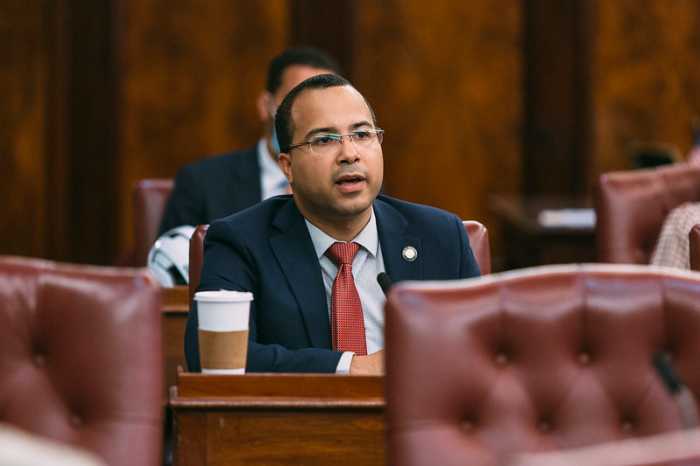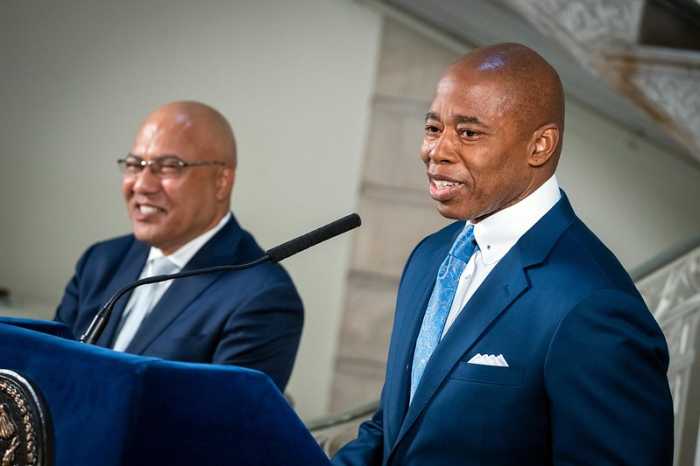In five years, no New York City parent will have to pay for child care.
That’s the aim of a bill the City Council passed Wednesday establishing a “Child Care Advisory Board” advisory board tasked with making city-subsidized child care a reality in that timeframe.
The legislation – Int. 486 – would also require the board to conduct annual reports assessing the needs of child care providers across the city and how to make it more affordable based on those findings.
The bill, sponsored by City Council Member Julie Menin (D-Manhattan), is part of a broader legislative package geared towards making child care affordable for every family in the city. At a news conference before the council’s Stated Meeting where the bills were passed, Menin said this package will make New York City a trailblazer in the implementation of universal child care.
“Today, this would make New York City the first city in the country to implement a universal child care program,” Menin said. “We will, with this package, go farther than any other city has done. And that is really, I think, a testament to the speaker, to a woman-majority council and it’s really such an exciting moment for us.”
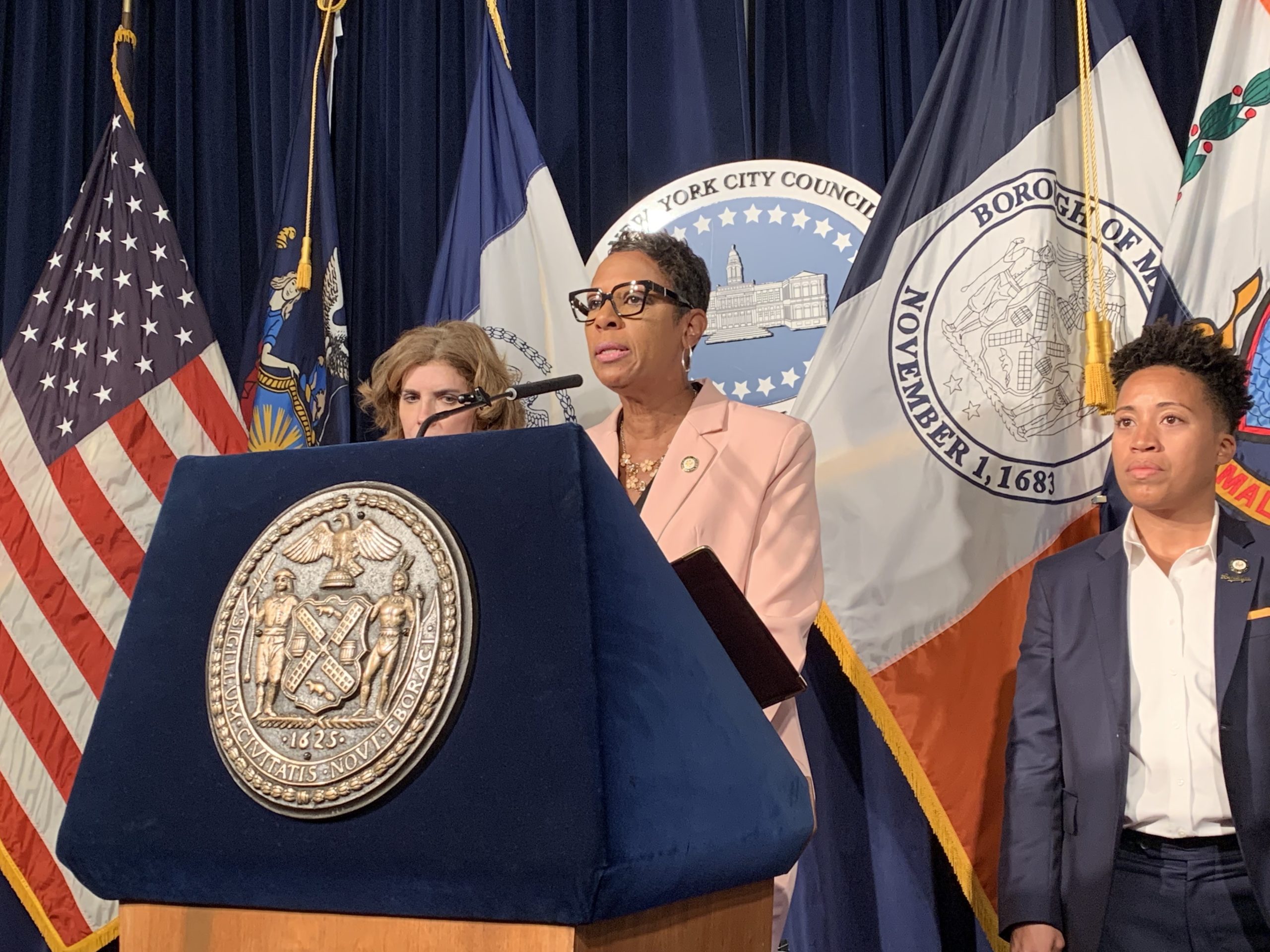
The other bills in the package would establish an online directory of child care programs in the five boroughs, make grants accessible to struggling providers, give state tax abatements up to $225,000 to new child care centers and require the creation of a task force that would give recommendations on how the city can assist working mothers. All of the bills in the package passed the council unanimously with the exception of Intro 485-A, which received one thumbs down from Council Member Kalman Yeger (D-Brooklyn).
Council Speaker Adrienne Adams said a lack of affordable child care is one of the more prominent issues affecting women across the city and it has been made worse by the coronavirus pandemic.
“Child care is one of the biggest challenges for working women,” the speaker said. “And our country is facing a child care crisis exacerbated by the pandemic and its economic consequences. Women experienced some of the greatest job losses from COVID and the cost of care has only been increasing. There are approximately 225,000 more men in the labor force than before the pandemic but 427,000 fewer women. There has been a decline in the child care workforce, that remains a challenge. Childcare must be a priority to help ensure an equitable recovery.”
Menin said that on average families are spending over $18,000 annually on child care and that an estimated 375,000 parents had to leave the workforce or downsize their job during the COVID-19 pandemic because they couldn’t afford child care. The absence of affordable child care actually has an adverse economic impact, she said, as it cost the city $2 billion in lost revenue for the parents and caregivers who exited the workforce during the pandemic.
Recovering that $2 billion in lost revenue, Menin said, will partially help the city fund universal child care when combined with $7 billion allocated by the state over the next four year and additional funding from Mayor Eric Adams. But additional funding will be needed, she added.
Menin said that even though she recognizes the city is facing a forecasted $10 billion fiscal shortfall in the coming years, subsidizing universal child care will help make up for the lost revenue that comes from those dropping out of the workforce.
“We obviously have a funding shortfall,” Menin said. “But at the end of the day, because we’re losing economic revenue from families that are being pushed out of the workforce, it is a win-win for the city to step up and subsidize this.”
The council member sounded confident the package would get Mayor Adams’ signature, as he’s been a vocal supporter of universal child care in the past.
“The mayor has been very supportive of universal child care,” she said. “So we fully expect that the speaker and the mayor will have those conversations.”


